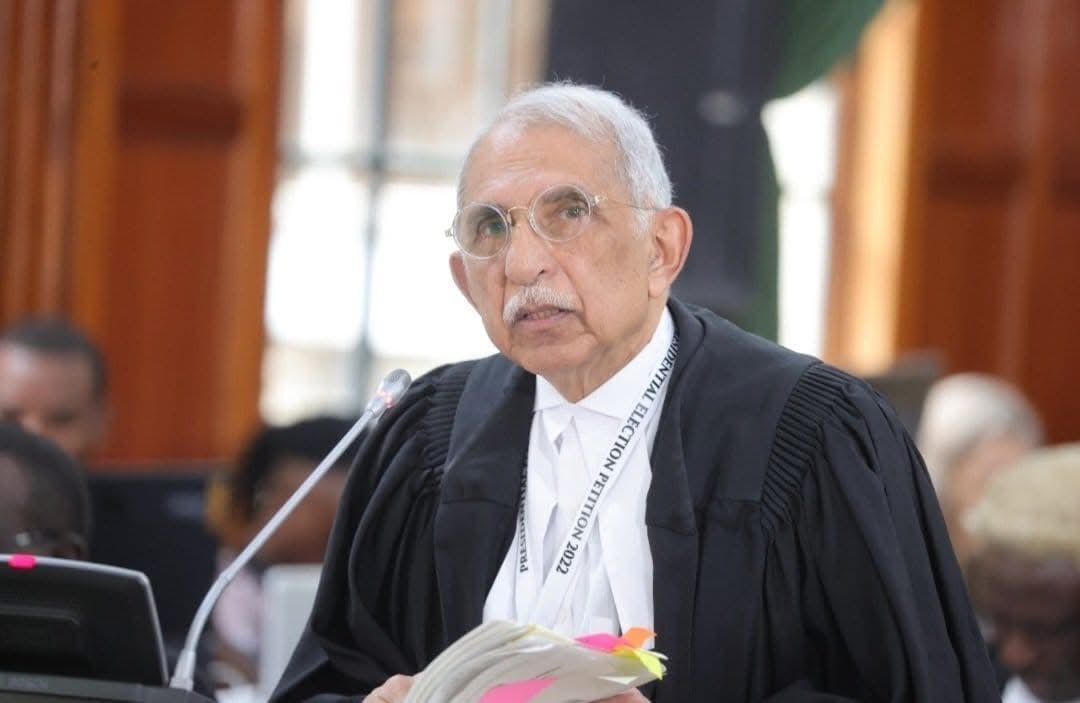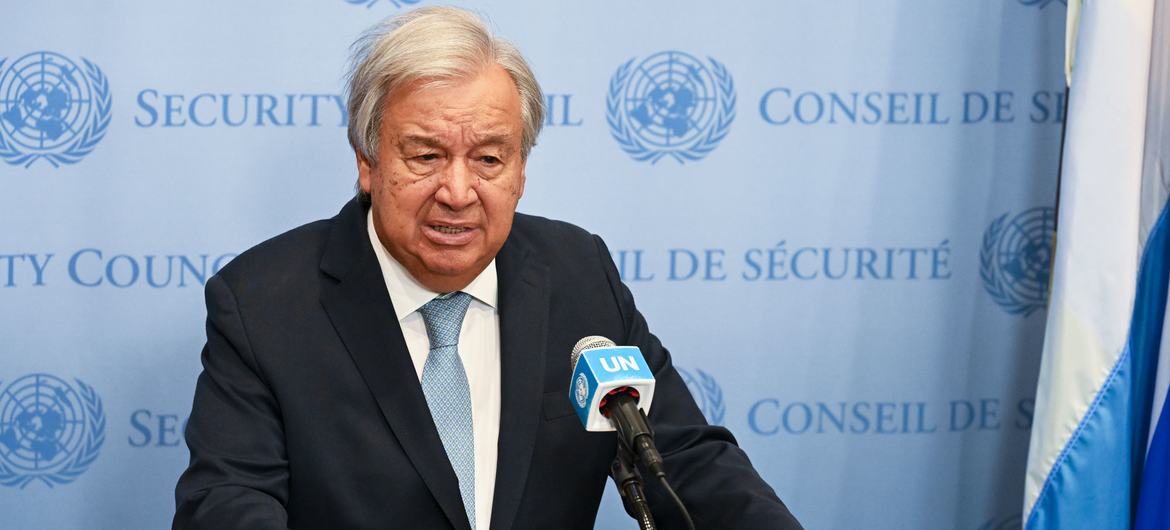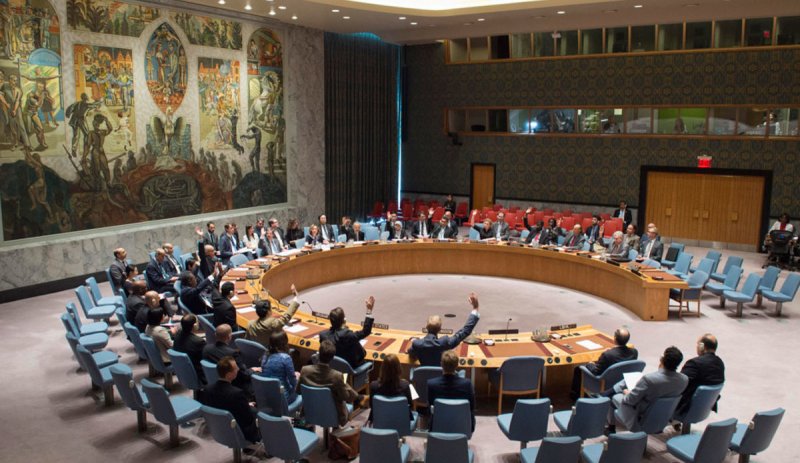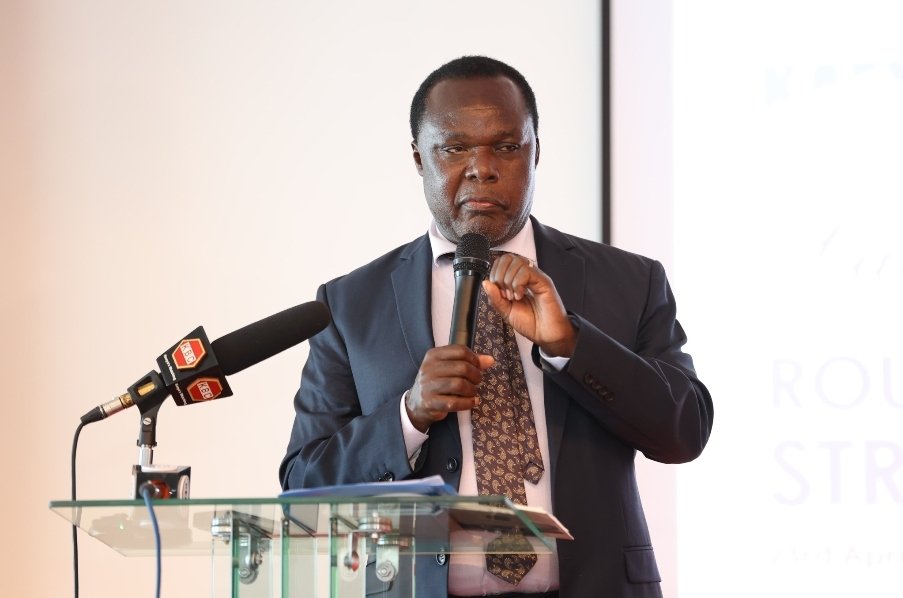Gachagua impeachment: A look at evidence backing his ‘shareholders’ remarks
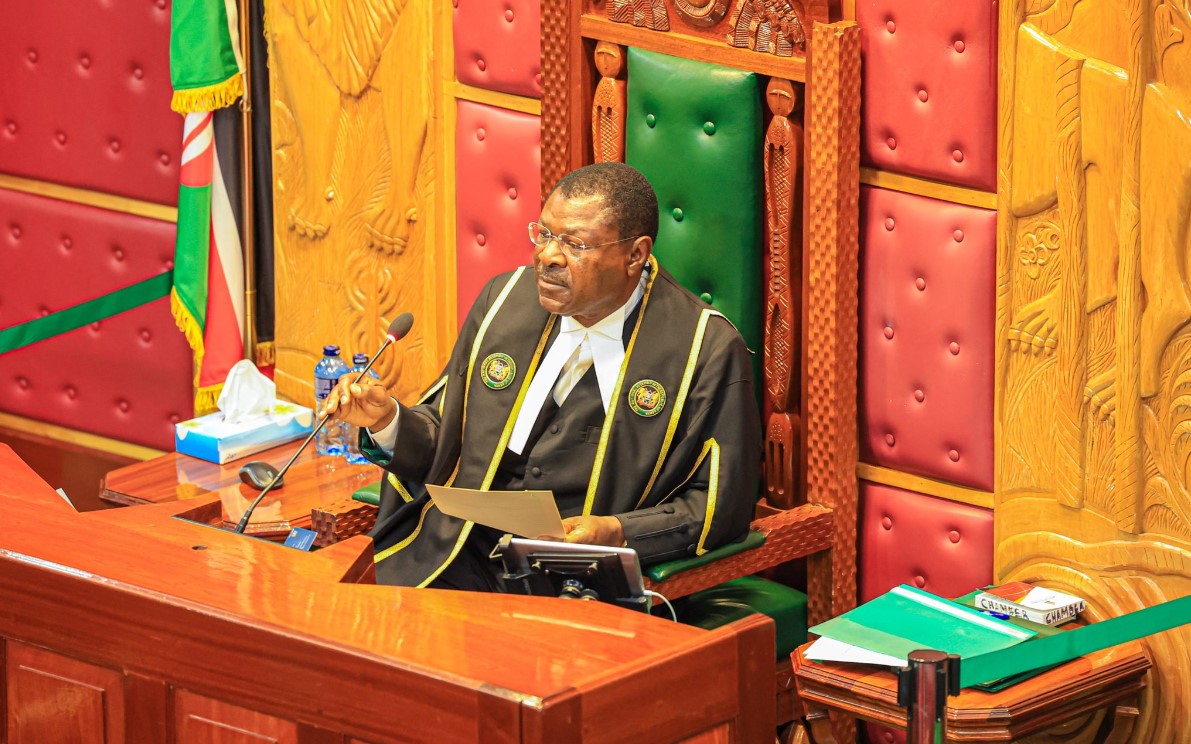
The DP also detailed their respective agreements regarding power sharing and development agendas for various regions in Kenya.
Embattled Deputy President Rigathi Gachagua has defended his controversial “shareholders” remarks before Members of Parliament at the National Assembly, which have contributed to calls for his removal from office.
Appearing before the MPs on Tuesday, Gachagua presented an agreement signed by the co-principals of the Kenya Kwanza coalition as part of his defence against allegations of tribalism.
More To Read
- Parallel statements expose deepening rift in 'United Opposition'
- New Bill hands NCIC swift powers to curb hate speech, divisive conduct
- Senate committee approves Bill protecting governors from early impeachment
- Court to hear petition challenging eligibility of Embu North MP Leo Wa Muthende
- Nominated MP Denar Hamisi is dead, National Assembly confirms
- Full implementation of NADCO report puts UDA–ODM pre-election alliance under pressure
Gachagua asserted that his remarks had been misinterpreted, noting that President William Ruto had agreed to a political shareholding pact before the 2024 elections.
The DP referred to the provisions of the Political Parties Act, stating, “By virtue of the provisions of the Third Schedule to the Political Parties Act, the constituent parties of the Kenya Kwanza coalition entered into various agreements which were deposited with the Speaker of the National Assembly and the Speaker of the Senate for purposes of Article 108 of the Constitution of Kenya.”
He outlined the member parties of the Kenya Kwanza coalition, which include UDA, ANC, Ford Kenya, PAA (Pamoja African Alliance), Farmers Party, Chama Cha Kazi, Communist Party, Economic Freedom Party, The Service Party, Tujibebe Wakenya Party, and Democratic Party.
The DP also detailed their respective agreements regarding power sharing and development agendas for various regions in Kenya.
According to Gachagua, the power sharing agreement between UDA, ANC, and Ford Kenya stipulates that UDA would nominate the coalition's presidential and deputy presidential candidates, while the President would guarantee the stature, dignity, and financial and operational autonomy of the office of the Deputy President.
Duties
The agreement also allocates specific duties to the Office of the Deputy President, designates ANC to the position of Prime Cabinet Secretary to be established within 14 days of Kenya Kwanza coming to power, and grants Ford Kenya the position of Speaker of the National Assembly to be established within the same timeframe.
It also outlines that ANC and Ford Kenya would share a 30 per cent allocation of national government positions, including Cabinet Secretaries and ambassadors, with the understanding that these positions would be divided equally between the two parties.
Gachagua emphasised that further terms and parameters of position sharing would be negotiated before the general elections date, with priority projects in ANC and Ford Kenya strongholds in Western Kenya to include the completion of stalled bitumen roads, construction of new bitumen roads, revival of sugar factories, and establishment of new industries.
Additionally, Gachagua noted that the power sharing agreement with PAA allocates the position of Speaker of the Senate to the party, allows it to nominate one candidate for appointment as a principal secretary when Kenya Kwanza comes to power, and stipulates that national government positions for PAA nominees would be agreed upon based on the number of elected representatives on a PAA ticket compared to the total elected on a Kenya Kwanza platform.
Regarding the agreements with other parties, Gachagua stated that separate agreements were established with the Communist Party, The Service Party, Farmers Party, Tujibebe Wakenya Party, Chama Cha Kazi Party, Economic Freedom Party, Umoja Na Maendeleo Party of Kenya, Devolution Party of Kenya, Maendeleo Chap Chap Party, and Democratic Party of Kenya, indicating that each party would be allocated a share of appointive positions in national government based on their performance during elections.
Gachagua highlighted that each agreement stipulated the allocation of national government positions based on the parties' performance during the elections.
“My speeches on the shareholder issue were informed by the aforesaid power sharing covenants which are founded on law,” Gachagua said.
He further noted that his pronouncements on the issue are “not only anchored in law but entirely harmless and incapable of being construed as a basis for ethnic animosity, a danger to national cohesion or a threat to national unity.”
The DP further drew comparisons to past coalitions, stating, “Coalition building has been one of the most important innovations since the disputed 2007 elections.”
He referenced the Azimio La Umoja One Kenya Coalition Party and the Jubilee Coalition's 50/50 power-sharing agreement in 2013 to assert that he has not violated any laws or constitutional provisions.
“I am also aware that the Jubilee Coalition also executed a 50/50 power sharing agreement between the TNA party and URP party for the 2013 general election. I have thus not violated Sections 13 (1) (A) and 62 of the National Cohesion and Integration Act or any other law or Constitutional provision,” he said.
Top Stories Today

